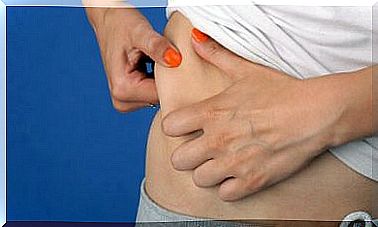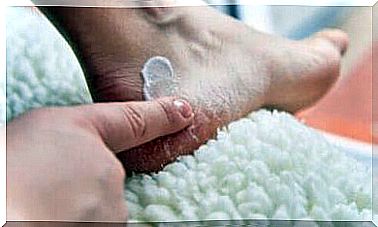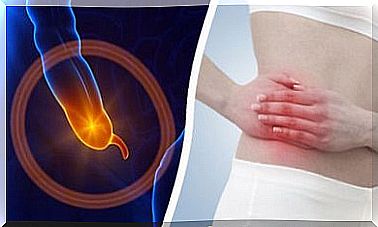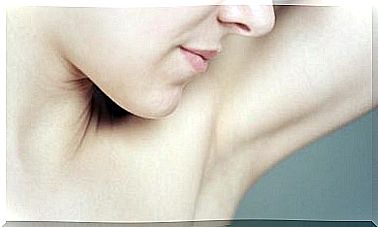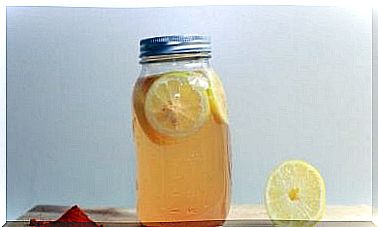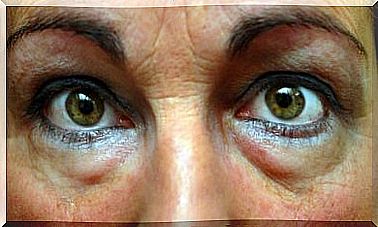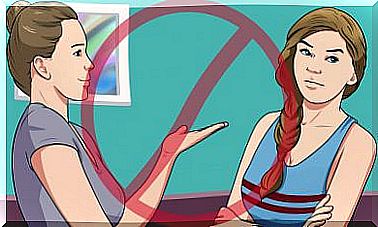Coronavirus: Do We Have To Disinfect Food As A Precaution?
Soda, vinegar, hydrogen peroxide, lemon or other agents are very often recommended as disinfectants for food. But are they safe even in times of the coronavirus? Is it really necessary to disinfect food as a precaution? Which hygiene measures are important? We address these questions in today’s article.
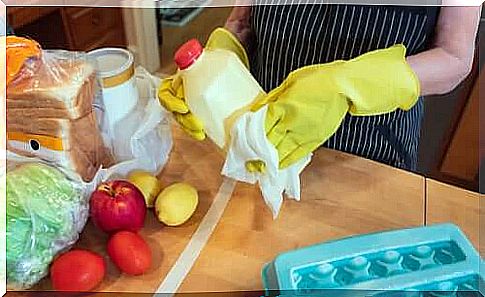
In times of the coronavirus, hygiene measures are particularly important. Many people ask themselves what it looks like with food. Do we have to disinfect food as a precaution to avoid infection? Read on to learn more about this topic.
Disinfect food as a precaution: coronavirus and other pathogens
The necessary measures to reduce the risk of infection are generally recommended and not just preventive against SARS-CoV-2. Various experts point out that the risk of infection with the new coronavirus through food is very unlikely, as this pathogen is normally transmitted from person to person.
However, it is possible that certain foods are contaminated by droplets from an infected person and then come into contact with our mucous membranes. That is why we should disinfect food as a precaution. This general measure is also essential to protect against other infectious pathogens. In addition, you should try not to touch your mouth, nose, and eyes with your hands.
In addition , thorough hand washing is also very important. Another preventive measure is to cook food at the right temperature and then store it properly to prevent contamination.
Do we have to disinfect food as a precaution?
Groceries bought are usually safe and not a cause for concern. All professionals who are involved in the food chain have to comply with appropriate hygiene regulations, which was already the case before the Corona crisis, but these guidelines are now even stricter.
It is therefore not necessary to disinfect food to avoid infection with pathogens. Nevertheless, it is important to know what we should consider when buying, cooking and storing food in order to be absolutely safe.
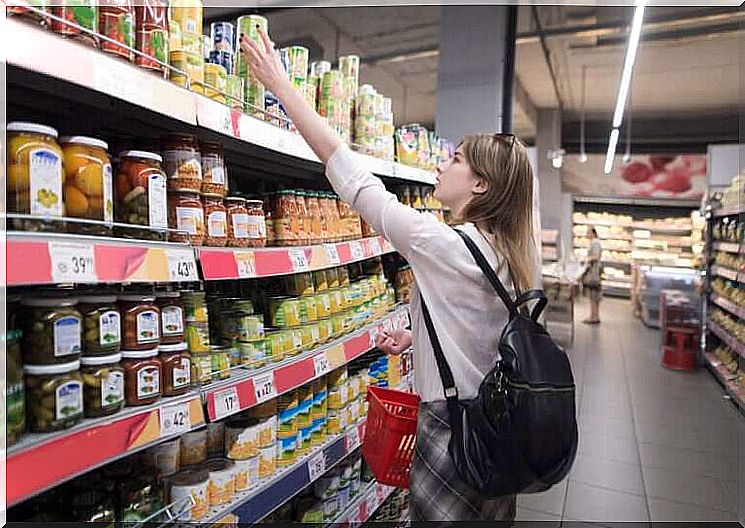
Basic safety measures when handling food
As already explained, you should always have thoroughly cleaned hands when handling food. Of course, the work surfaces and kitchen utensils also have to be clean. You should be especially careful if a recipe contains different types of food.
We now name a few specific preventive measures that you should also take into account when handling food:
1. Fish and meat
The risk of infection with COVID-19 is extremely unlikely with meat and fish. But it could contain other pathogens that could cause food poisoning.
Therefore, you should take the following hygiene measures into account:
- Buy meat and fish in perfect condition from a reliable seller.
- As soon as you get home, you should refrigerate the meat or fish immediately. Always keep these foods separate from other (already cooked) products. If you don’t plan on processing them in the short term, you can freeze them.
- You should also make sure that meat and fish are always completely cooked. You should reach a temperature of 75 degrees in the middle.
2. Chicken eggs
Eggs must be properly stored and processed as they could be contaminated with salmonella. It is important to keep them at a constant temperature. If you put the eggs in the refrigerator, you won’t be able to keep them at ambient temperature afterwards. The bowl protects the contents and should not be washed.
When cooking , make sure that the egg is hard. In addition, all egg dishes that have already been prepared must be stored in the refrigerator if they are not to be eaten until later.
3. Disinfect fruit and vegetables as a precaution
We know that possible pathogens are destroyed when cooking (including the new coronavirus SARS-CoV-2), but it is still not necessary to cook every fruit or vegetable. It is important to clean each piece well before consumption.
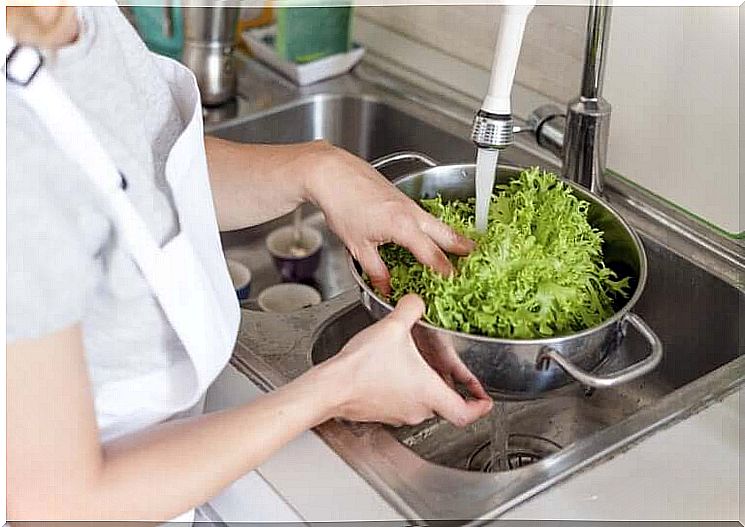
It is enough to thoroughly wash fruits and vegetables with water. Use a specific brush or rub each piece well with your hand. Then dry the fruit or vegetables with kitchen paper and store them properly.
Don’t buy too many fruits or vegetables at once, because it’s better to keep buying fresh produce. If you peel the fruit, you still have to clean it beforehand, because the knife could become infected through the peel and thus also contaminate the fruit itself.
Do we have to disinfect packaged food as a precaution?
Many are wondering what preventive measures are necessary in times of the coronavirus when they bring their shopping home. It must be taken into account that packaged food could only be infected if it was touched by a sick person with uncleaned hands, or if, for example, they had to cough in the immediate vicinity of the product. In this case, only the packaging would be contaminated, but not the contents.
Therefore, we must always wash our hands well and try not to touch our mouth, nose, and eyes when we are out. You can clean the packaging with a damp cloth or kitchen paper. Another option is to simply leave the groceries in the grocery bag for a few hours before storing them in the closet.
We don’t necessarily have to disinfect food, but we do need to handle it carefully and follow specific hygiene guidelines
The safest measures and recommendations given by experts are basic hygiene guidelines that should not only be applied in times of the coronavirus: Wash your hands thoroughly and guarantee clean utensils and work surfaces. In addition, the correct storage and preparation of the food is very important to prevent cross-contamination.
